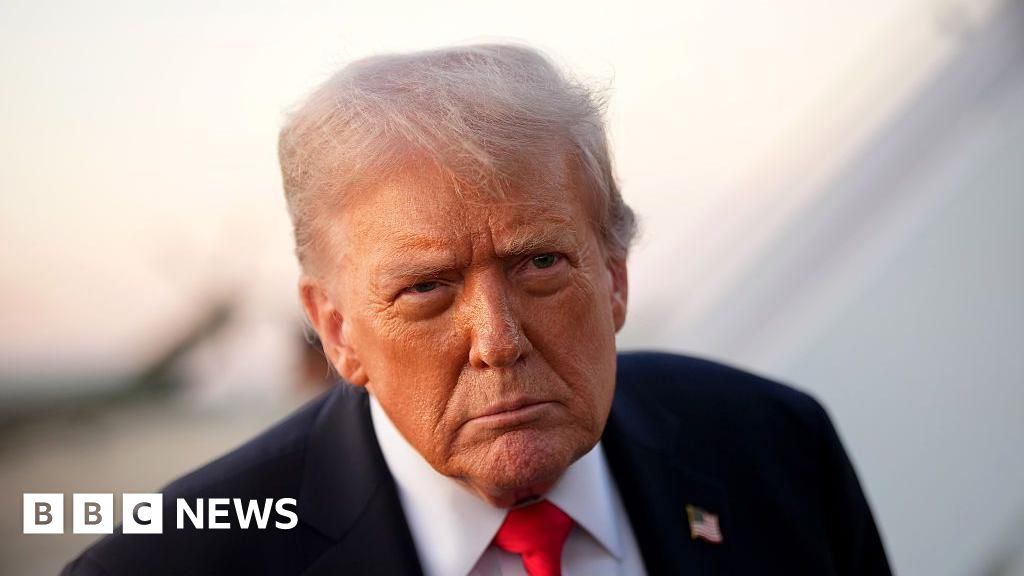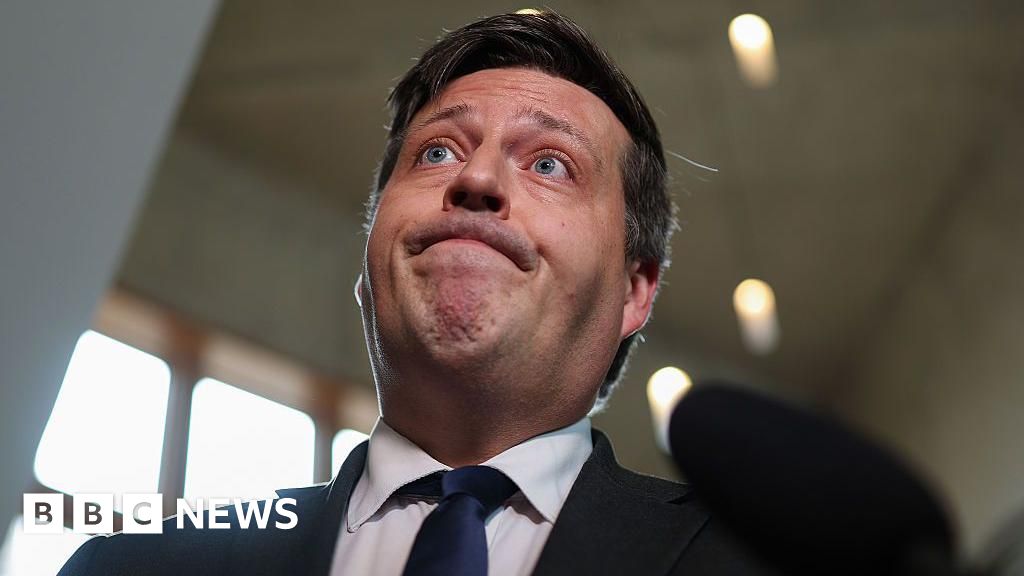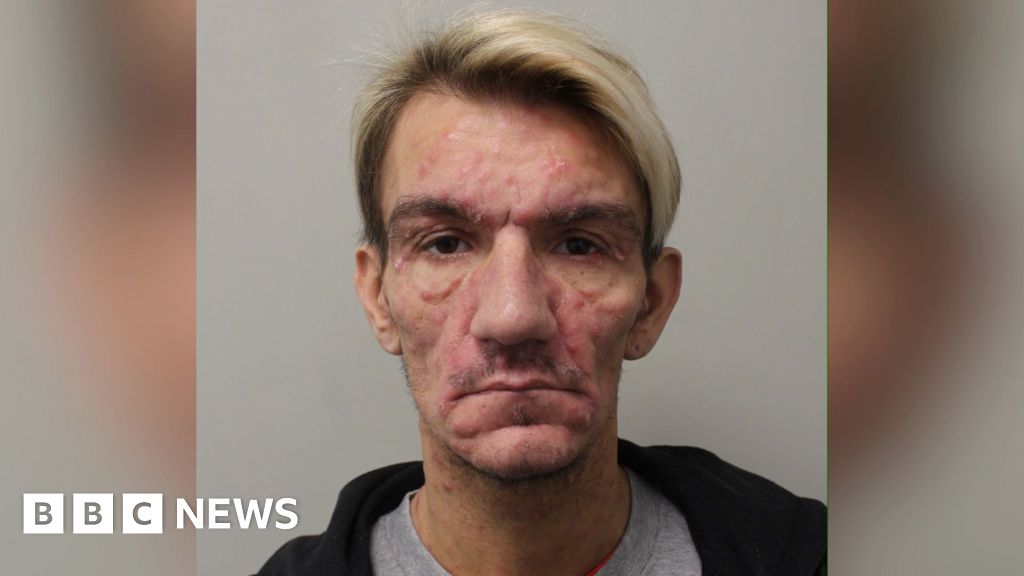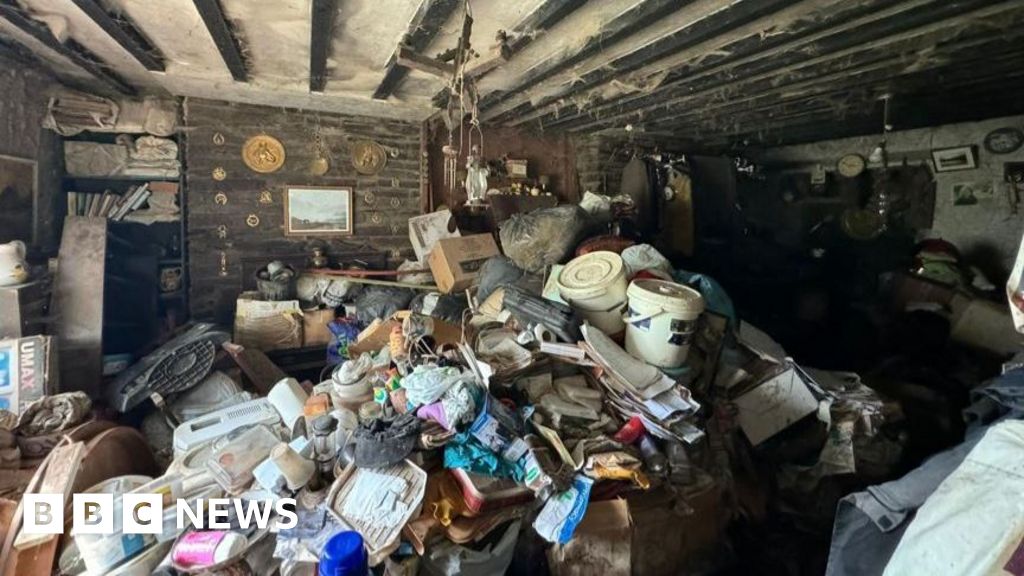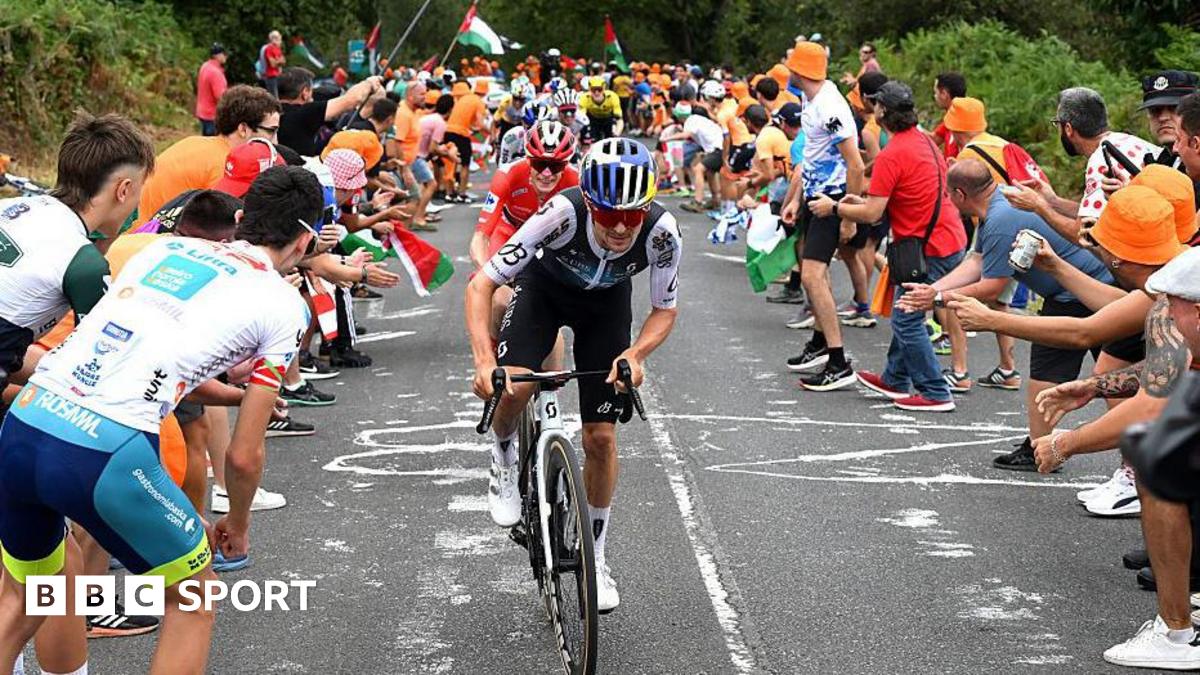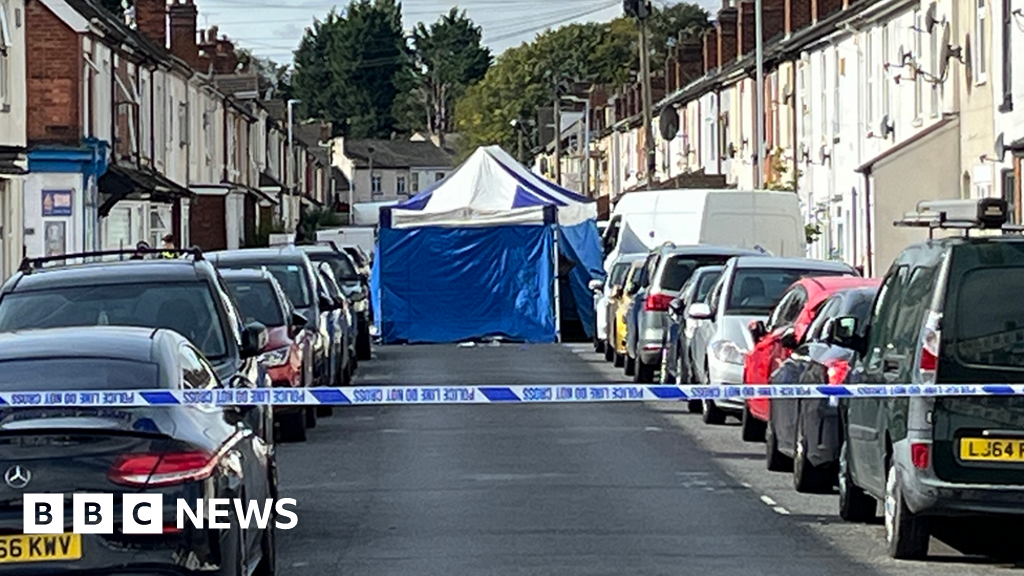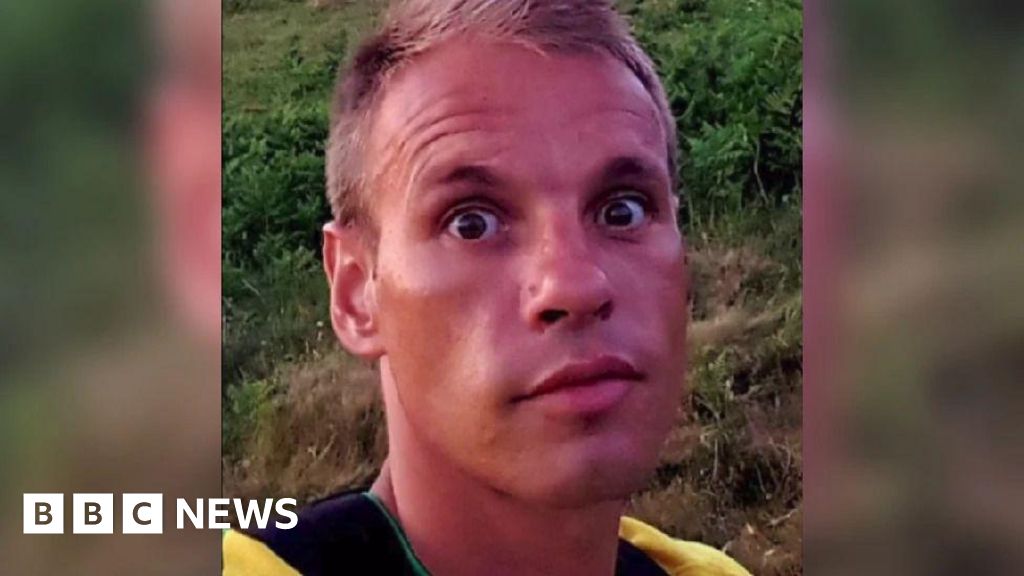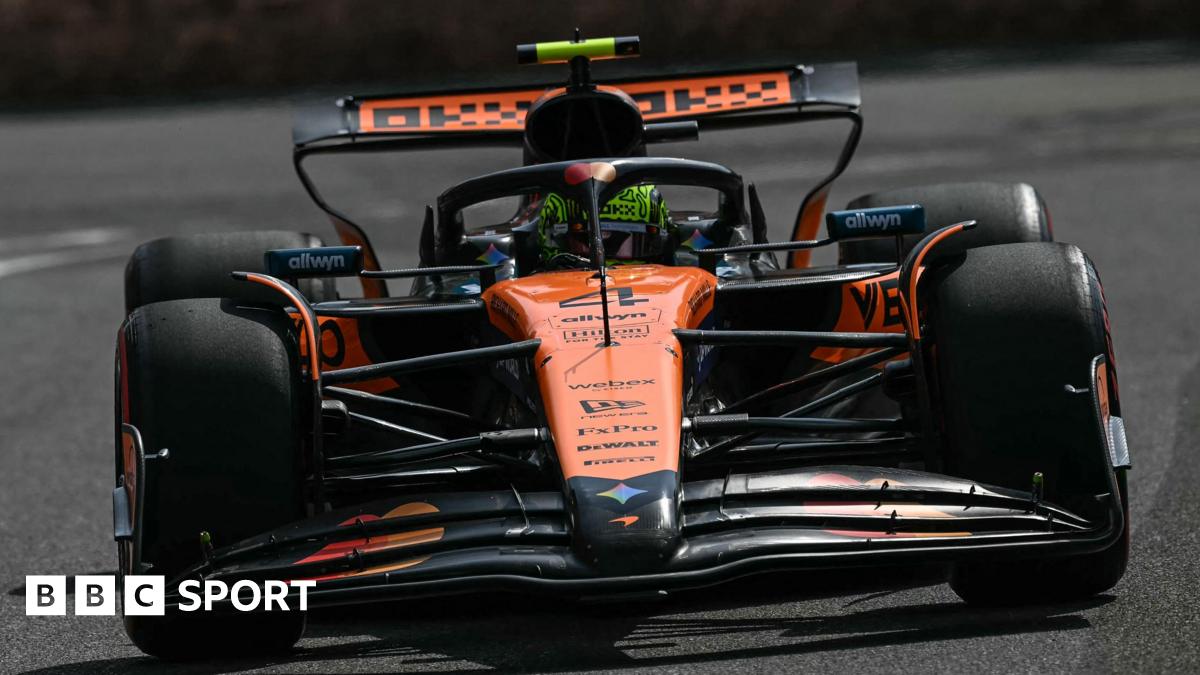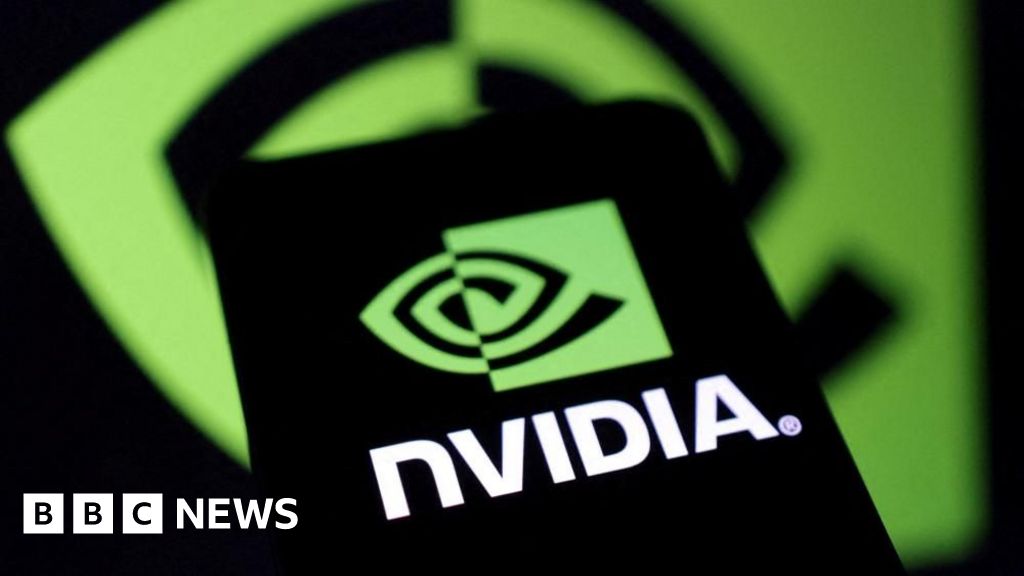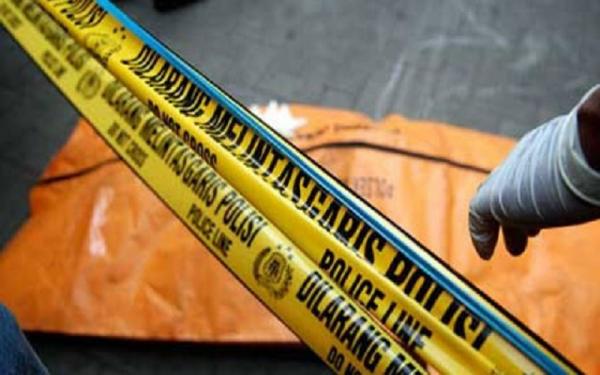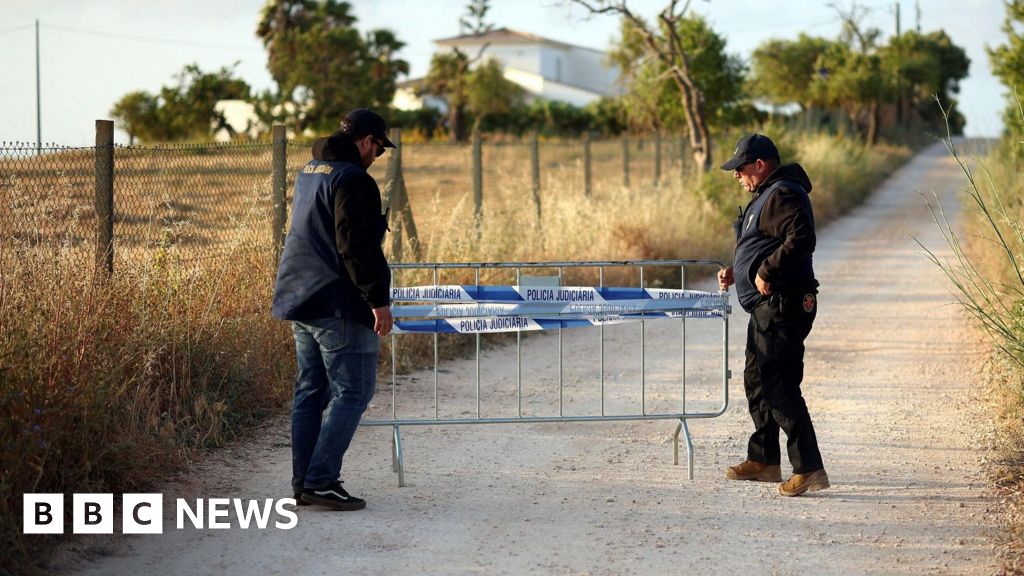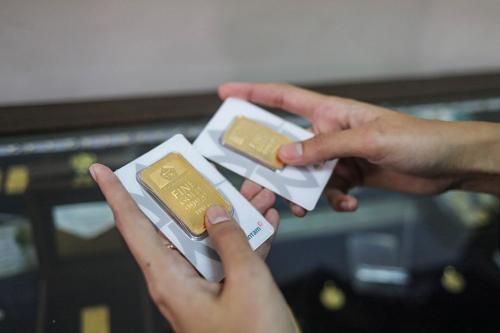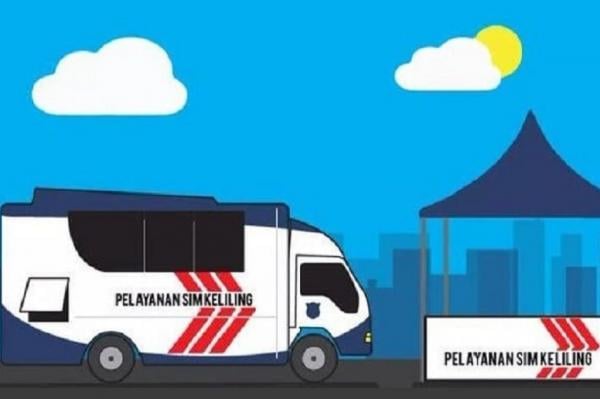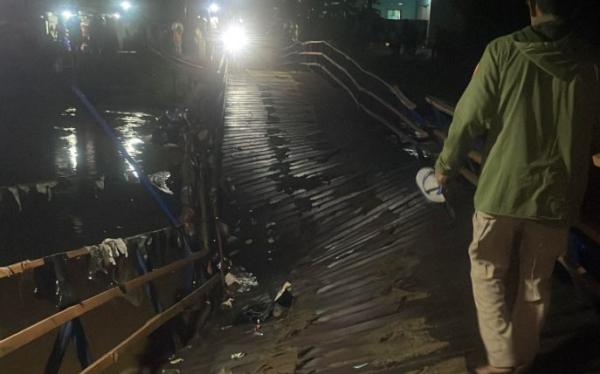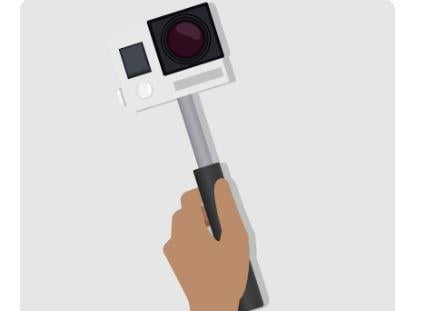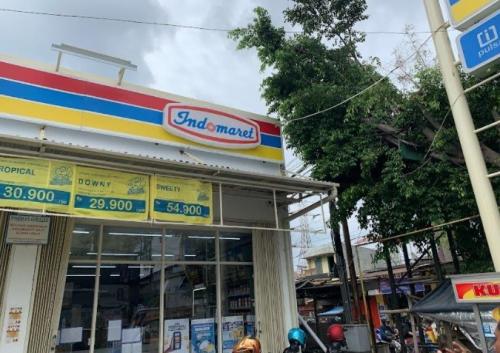Paul Kenyon & Paul Grant
BBC File on 4 Investigates

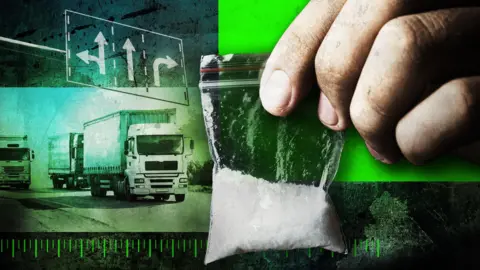 BBC
BBC
The customs officers at Brussels Airport were stunned. They had opened crates in the back of a lorry expecting to find a tonne of medical ketamine. But somewhere on its journey, the white powder had been switched for salt.
After zigzagging hundreds of miles across Europe, the contents of the consignment had been verified five days earlier by customs officers at Schipol Airport in the Netherlands, ready for its road trip to Belgium.
But somewhere between Amsterdam and Brussels the ketamine had vanished - the authorities believe most likely into the black market - replaced by the salt and freshly forged documents.
While it is not known where the drug ended up, and no-one responsible has been caught, this case shows the increasingly elaborate methods crime gangs are using to traffic ketamine across Europe and into the UK.
They exploit its classification in some countries as a legal medicine by transporting it across multiple borders to confuse the authorities. Consignments then disappear and are illegally sold as a hallucinogenic drug.
"It's clear that criminal organisations are misusing all these long routes," says Marc Vancoillie, head of Belgium's central directorate of drugs.
Belgian investigators have uncovered at least 28 similar consignment switches - involving an estimated 28 tonnes of ketamine - since this case in 2023.


Marc Vancoillie, head of Belgium's central directorate of drugs, says "tonnes and tonnes" of ketamine are disappearing down illegal routes
Some criminal gangs are now making more money from selling ketamine than other illegal drugs such as cocaine, Mr Vancoille told us, describing the situation as an epidemic.
In the UK, ketamine consumption has risen 85% between 2023 and 2024, wastewater analysis - sampling human waste from sewage plants to measure the scale of illicit drug use - suggests.
Latest figures show there were 53 deaths involving ketamine in 2023. It has been linked to high-profile deaths including those of Friends actor Matthew Perry and drag star The Vivienne. Abuse of the drug can also lead to cognitive problems and permanent bladder damage.
UK organised crime groups "are clearly stepping into this new market", says Adam Thompson from the National Crime Agency (NCA).
The challenge for European law enforcement agencies is compounded by the fact that ketamine is used as a vital legitimate anaesthetic in hospitals and veterinary clinics, as well as being a popular illegal recreational drug.
File on 4 Investigates has examined how organised crime groups are exploiting this dual classification. In countries such as the UK and Belgium, ketamine is classified as a narcotic.
But in countries including Austria, Germany and the Netherlands, it is regulated as a medicine, meaning it faces less scrutiny during its import and transit.
"It starts off being produced for those markets and exported from countries like India," said Mr Thompson. "But then it's diverted by organised crime groups into illicit supply."

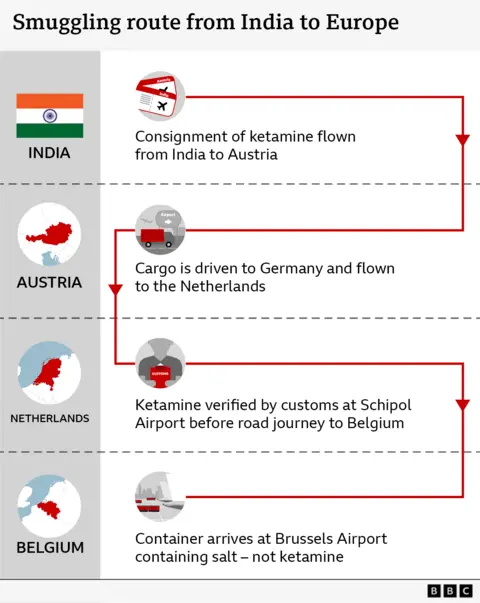
Armed with this knowledge, the smugglers have developed a preferred route - shipping the drug from India, where it is legitimately produced as a medicine, into Germany, through the Netherlands and Belgium, then on to the UK.
In the case of the disappearing consignment at Brussels Airport, the drug was originally flown from India to Austria. It was then driven to Germany before being flown to the Netherlands where it was unloaded again and readied for the road trip to Belgium. During all of these connections it was being moved legally.
But, somewhere during this last leg, it was swapped with salt - and it is thought the ketamine entered the black market for illegal sales.
In another case, a container arriving at the Belgian port of Antwerp which had been verified as containing ketamine, was found to hold sugar.
Criminal groups are also exploiting legal supply chains by setting up front companies to import ketamine under the guise of legitimate use, only to divert it into illicit markets once it arrives in Europe.
The more countries and jurisdictions it goes through, the more difficult it is to investigate, requiring liaison between law enforcement agencies, Belgian and Dutch Police told the BBC. It also helps disguise where the front company - an import company which obtains a legitimate licence - is based.
"They [the criminals] will put all kinds of steps - companies in different countries - in between. So it's hard for us to backtrack if we find any large quantities of ketamine," said Ch Insp Peter Jansen, a drug expert from the Dutch police.
Germany, Europe's biggest importer of ketamine, has a huge pharmaceutical industry, so large consignments are less likely to raise suspicions.
In 2023 alone,100 tonnes of ketamine were imported from India, Mr Vancoillie says - far more than would be expected for legitimate medical and veterinary use.
"Between 20 to 25% will be necessary for legal purposes and not more," he told us. "It's tonnes and tonnes and tonnes that disappeared in criminal routes."
European police forces say they are planning to liaise with the Indian authorities to try to tackle the problem, with Germany's Federal Criminal Police Office telling us it carries out intensive monitoring of new psychoactive substances like ketamine.
It added it was "in close contact with national and international authorities, organisations and institutions in order to be able to anticipate and react to further developments and new trends".
'Needle in a haystack'
The smuggling network sees plenty of reward in England and Wales, where an estimated 269,000 people aged 16-59 reported using ketamine in the year ending March 2024, government figures show. Among young people aged 16-24, usage has soared by 231% since 2013.
"Ketamine is a very cheap drug compared to some other illicit drugs," the NCA's Adam Thompson explained. "It's sold for about £20 a gram at street level, compared to £60 to £100 for cocaine."
The drug is being smuggled into the UK through two main routes - concealed in small parcels sent by post, or hidden in lorries and vans arriving via ferries and the Channel Tunnel, the NCA believes.
With hundreds of thousands of parcels arriving in the UK only a small percentage are spotted. It's "very easy to hide that needle in the haystack," Mr Thompson added.
In Belgium, some criminal groups are using AirBnBs to store ketamine before sending it through France to the UK, by cars, lorries or trucks, according to Mr Vancoillie.
In one case, somebody reported as suspicious a group of men who were moving IKEA boxes into a van. The vehicle had been hired, which meant the authorities were able to track its prior movements back to an AirBnB in Staden, Belgium.
There, they found 480kg (1,058lbs) of ketamine, along with 117kg of cocaine, and 63kg of heroin, stored in a garage.
Eight British nationals were eventually linked to the case and prosecuted.
As ketamine use continues to rise and trafficking methods grow more inventive, authorities across Europe are calling for greater international co-operation.
"It's a responsibility of agencies and countries across the globe," Mr Thompson warned, "to think about this."
.png)
 3 months ago
40
3 months ago
40


